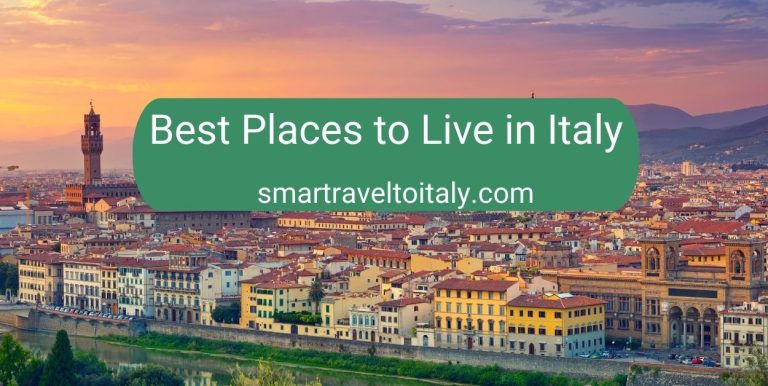Moving to Italy from the USA: A Comprehensive Guide
Are you considering a move from the USA to the beautiful country of Italy? You’re not alone! Many Americans have made the move to this European gem, seeking a change of scenery, a new cultural experience, or to trace their Italian roots. This comprehensive guide will provide you with everything you need to know to make your move as smooth as possible.
1. Why Move to Italy?
Italy is a country of rich history, breathtaking landscapes, and world-renowned cuisine. Here are some reasons people choose to move to Italy:
- Climate: Italy’s Mediterranean climate boasts warm summers and mild winters, making it a pleasant place to live year-round.
- Food and Wine: Italy is famous for its delicious cuisine and quality wines.
- Arts and Culture: Italy is home to many UNESCO World Heritage Sites and has a rich cultural heritage, from art and architecture to music and fashion.
- Outdoor Activities: With beautiful coastlines, rolling hills, and mountainous regions, Italy offers a wide range of outdoor activities.
2. Visas and Residence Permits
Before moving to Italy, you’ll need to secure the appropriate visa and residence permit. US citizens can enter Italy without a visa for up to 90 days, but for a longer stay, you’ll need to apply for a long-stay visa. There are several types of long-stay visas, including:
- Work Visa: If you have a job offer in Italy.
- Study Visa: If you plan to study at an Italian institution.
- Family Reunification Visa: If you’re joining a family member who’s an Italian resident.
- Elective Residency Visa: For financially self-sufficient individuals who won’t be working in Italy.
For more information on visas and residence permits, visit the Italian Ministry of Foreign Affairs website.
Finding a Home
When searching for a home in Italy, you can choose between renting or buying a property. To find a rental or purchase property, consider the following resources:
- Local real estate agencies
- Online property portals like Immobiliare.it and Casa.it
- Local newspapers
- Word of mouth
Keep in mind that the cost of housing varies greatly between cities and regions.
4. Healthcare
Italy has a universal healthcare system known as Servizio Sanitario Nazionale (SSN), which provides healthcare to residents at little or no cost. As an expat, you can access the SSN once you have registered as a resident and obtained your Italian health insurance card (tessera sanitaria). To register for the SSN, visit your local health authority office (ASL) with the following documents:
- Valid passport
- Residence permit
- Proof of residence
- Tax code (codice fiscale)
Alternatively, you can choose to purchase private health insurance for faster access to specialist care and private facilities.
For more information on the Italian healthcare system, visit the Italian Ministry of Health’s website.
Learning the Language
While English is widely spoken in major cities and tourist areas, learning Italian will significantly enhance your experience and help you integrate into the local community. There are several ways to learn Italian, such as:
- Enrolling in language courses at local language schools
- Taking online courses, like Duolingo or Babbel
- Participating in language exchange programs
- Practicing with locals or joining conversation clubs
The Cost of Living
The cost of living in Italy varies depending on the city or region. In general, northern cities like Milan and Turin tend to be more expensive, while southern cities like Naples and Palermo are more affordable.
| Expense | Average Monthly Cost (EUR) |
|---|---|
| Rent | 500 – 1,200 |
| Utilities | 100 – 150 |
| Groceries | 200 – 300 |
| Transportation | 50 – 100 |
| Dining Out | 100 – 300 |
7. Education and Schools
Italy offers various educational options for expat children, including:
- Italian public schools
- Bilingual schools
- International schools
For a comprehensive list of international schools in Italy, visit the International Schools Database.
8. Employment Opportunities
Job opportunities for expats in Italy are mainly found in tourism, education, and technology sectors. Popular job search websites include:
9. Cultural Adjustment
Adapting to a new culture can be challenging, but with time and effort, you’ll feel at home in Italy. Here are some tips for a smooth cultural adjustment:
- Learn the language
- Participate in local events and festivals
- Join expat groups and make local friends
- Be patient and open-minded
By following this guide and embracing Italy’s vibrant culture, you’ll be well on your way to creating a new life in this beautiful country. Buona fortuna!

